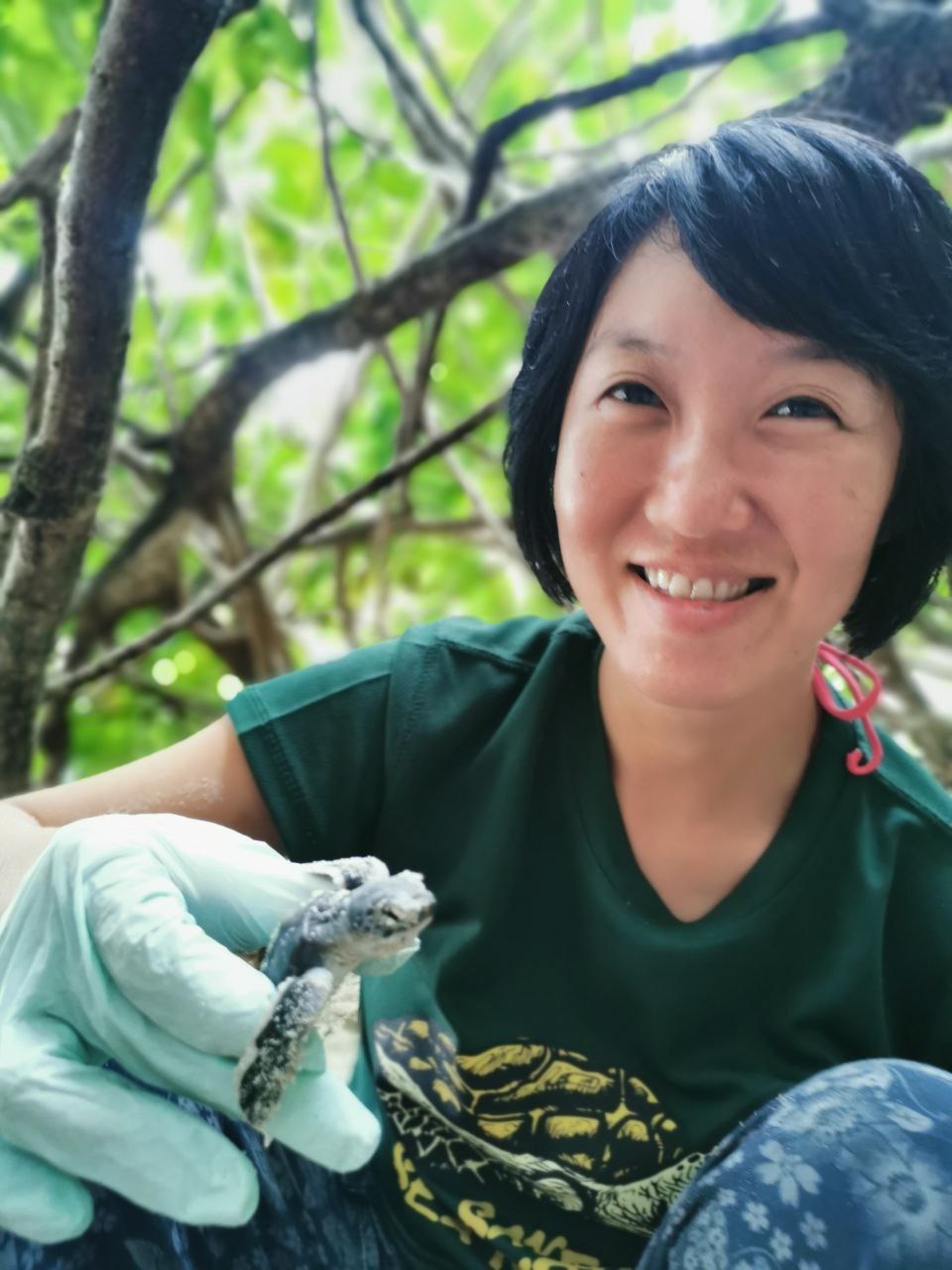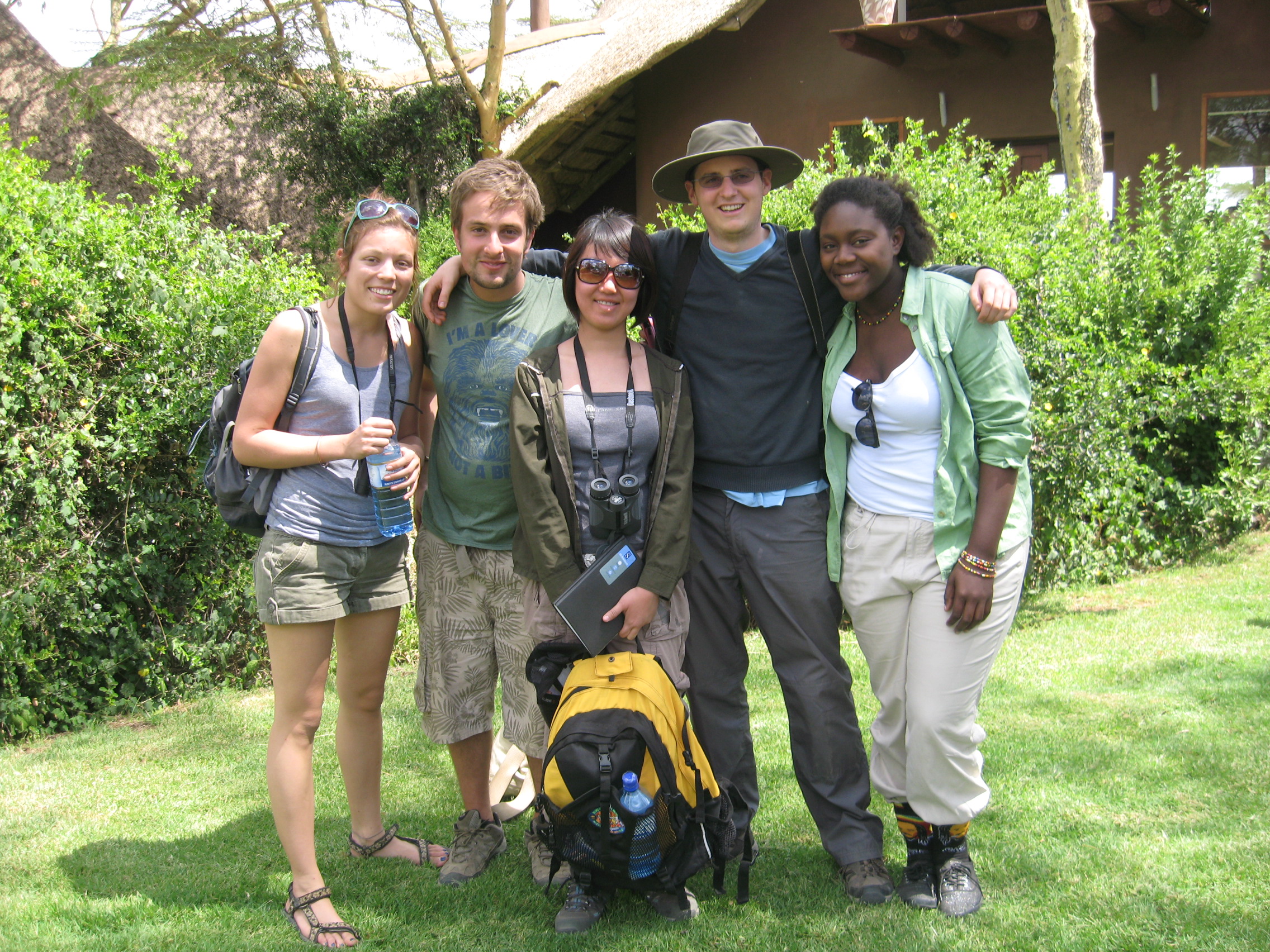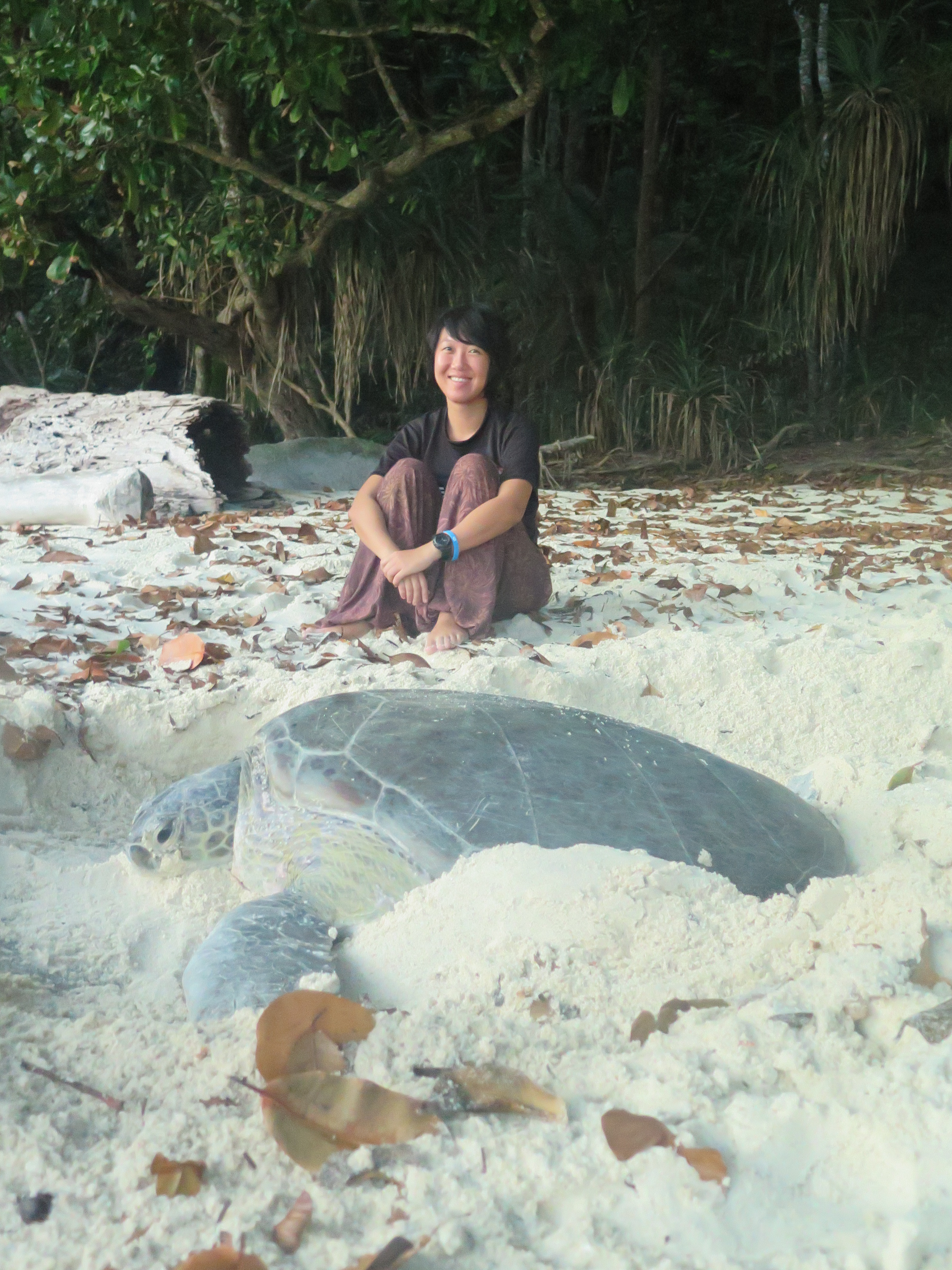We are looking back on some of our MSc graduates who have excelled in scientific research, ecology and conservation around the world since studying with us.
Today we meet Seh Ling who graduated from MSc Biodiversity and Conservation in 2011 and is now the Principal Officer at Lang Tengah Turtle Watch.
Hi Seh Ling, It’s been over a decade since you studied with us, why don’t you tell us a bit about your career in that time that led you to where you are now?

Upon graduating, I joined the Green Turtle Programme with Sea Turtle Conservancy in Tortuguero, Costa Rica. I gained a lot of field experience working with nesting turtles there. I was also impressed of how far sea turtle conservation and tourism has evolved, with majority of the local communities shifting towards tourism. The Turtle Spotters Programme was in place to reduce the presence of tourists on nesting beaches to minimise disturbance to nesting turtles. There was a recycling plant which provided local people with jobs while addressing waste issues. Seeing how the local communities are involved in conservation has inspired me to approach conservation work differently. Conservation is not just about protecting the species, but also the people who live with the species we are protecting. After the programme ended, I started working with Ecoteer (now Fuze Ecoteer) as the Project Manager of the Perhentian Community and Conservation Project (now Perhentian Eco-Education Project), and later on setting up and managing the Perhentian Turtle Project. While working with different stakeholders in the Perhentians on conservation matters, I developed an interest to pursue a PhD in studying the human dimension of sea turtle conservation in marine protected areas. Now I am working for Lang Tengah Turtle Watch as the Principal Officer whilst finishing up my PhD.
We are glad you have had such wonderful experiences, what made you choose to study your MSc with us at the University of Exeter Cornwall Campus?
The Penryn Campus itself is a lovely place to study. As the campus is shared by two universities, it was interesting to learn about various subjects from students from other courses. There were many volunteering and training opportunities as well as student support. I enjoyed the nature and serenity. It’s a small campus but unique in its own way. The module looked comprehensive and what attracted me the most when I applied was the field trip to Kenya!
What are your highlights from studying at the University of Exeter?
The course is well-designed with a mixed of classes and fieldwork. I particularly enjoyed all the field trips. There were also invited speakers from the industry to share about their organisation and work opportunities. One of the highlights of the course was the fieldtrip to Kenya, in which I got to experience field sampling and community engagement in conservation in another country. Worth mentioning is the access to journals, which I do miss!

How do you think the MSc helped to prepare you for your career?
I feel that the course has prepped me with skills required in real-world conservation, such as preparing a CV and cover letter, writing research papers and grant applications, giving poster and oral presentations, creating a personal/professional blog, first-aid certified, using R and GIS software, etc. The programme (through the field trips) has opened my eye to conservation on the ground. It is not just about studying the species but also understanding the social aspects of conservation biology. All these skills are crucial and have come in handy in my career.

Why did you choose a career in conservation and do you have any advice for students looking to pursue a similar career?
Being born in Terengganu where the leatherback turtles have gone virtually extinct, I do not wish to witness another species goes extinct. It is not a high-paying career but very fulfilling. Surrounded by the nature is one of the perks of working in conservation. I also enjoy working with the local communities as I learn to see conservation issues through the lens of multiple perspectives. My advice would be to gain as many skills and field experiences as you can, even if it means you must start out volunteering. Give your best and put yourself out there. Conservation is a close community and recommendations can bring you many opportunities.
Finally, do you have any plans for the future?
To continue conservation work while inspiring more people to be involved in any way they can.
Thank you Seh Ling!
If you want to read more profiles from MSc Biodiversity & Conservation graduates follow this link or explore our Graduate in Focus homepage to learn more about the degree programmes we have on offer!

